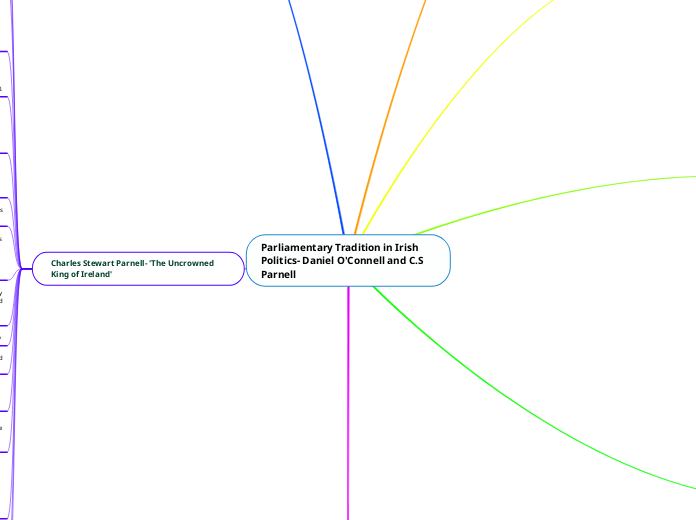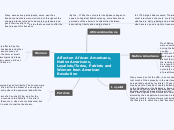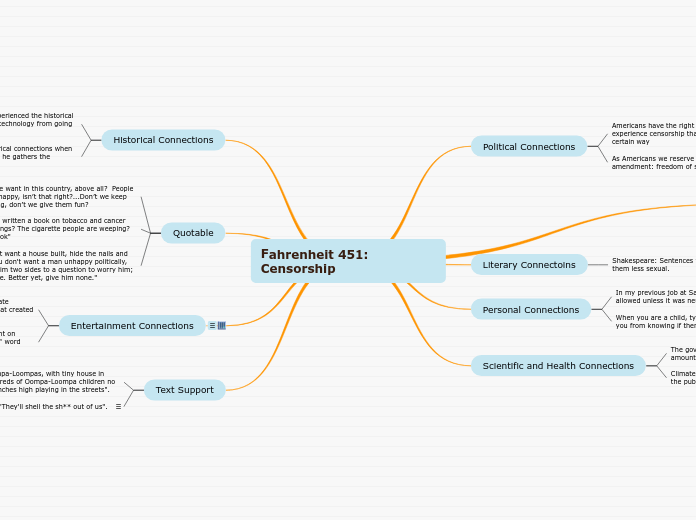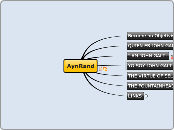a 22-0064 2 12 hónapja
143
Parliamentary Tradition in Irish Politics- Daniel O'Connell and C.S Parnell
Daniel O'Connell, known as 'The Liberator,' was a key figure in Irish politics who championed non-violence and legal reforms. Educated in France, he was influenced by the French Revolution to pursue peaceful methods for social change.









